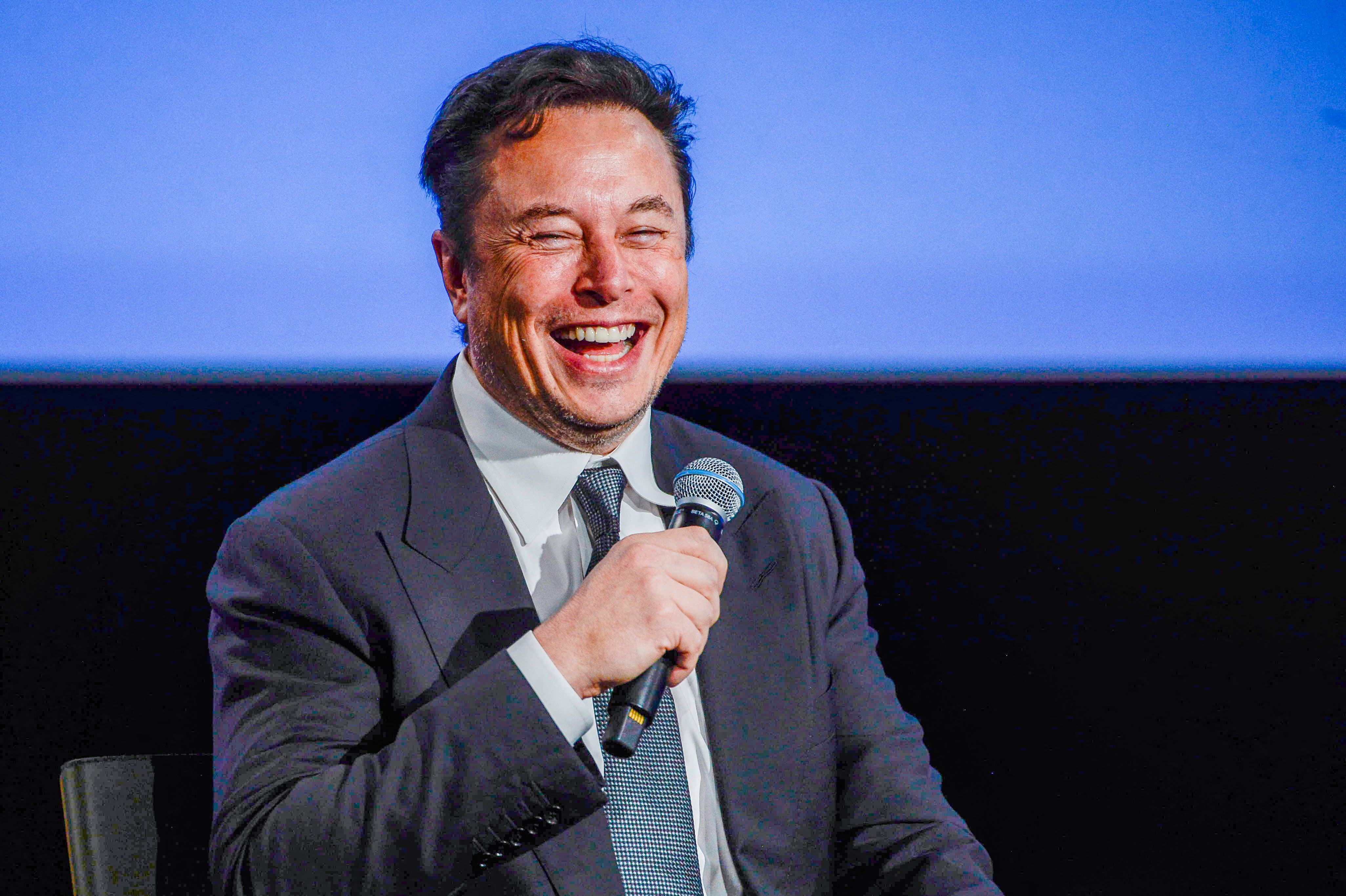Disney wanted to buy Twitter but found ‘significant’ number of bots – to Elon Musk’s delight
Bob Iger recalled the deal in the wake of Elon Musk’s Twitter bid - but the news may not help the SpaceX chief

Disney did not purchase Twitter because a “substantial portion” of its users “were not real”, the entertainment giant’s former chief executive has said.
The anecdote comes as Elon Musk is attempting to back out of his bid to buy Twitter for $44 billion. Mr Musk has consistently claimed that the number of fake users on Twitter should allow him to renege on the deal.
“Interesting”, the SpaceX chief tweeted in response to Mr Iger’s story - but it may not help him pull out of his offer in court.
Twitter would have been “a global distribution platform” for Disney if the company had purchased it in 2016, which it planned to do. “The world was changing fast. And at the same time, we heard that Twitter was contemplating a sale”, Bob Iger recalled at the Code Conference.
“We were viewing it as something completely different. We could put news, sports, entertainment, [and] reach the world. And frankly, it would have been a phenomenal solution, distribution-wise.”
However, Mr Iger said that he was not “looking at this as carefully as I need to look at it”, concerned that Twitter came with “so many other challenges and complexities” and that he could not afford a “major distraction and having to manage circumstances that weren’t even close to anything that we had faced before.
“We did look very carefully at all of the Twitter users — I guess they’re called users? — and we at that point estimated with some of Twitter’s help that a substantial portion — not a majority — were not real.
“I don’t remember the number but we discounted the value heavily. But that was built into our economics. Actually, the deal that we had was pretty cheap.”
Disney eventually ended its dealings without buying the social media company because of “all the hate speech [on the platform] and potential to do as much harm as good.”
However, while Mr Musk is using bots as a public reason to pull his offer, it may not be an effective strategy. Firstly, Mr Musk was aware that Twitter was full of bots, explicitly mentioning it in his press statement announcing the purchase of the social media company. Mr Musk did not do due diligence before making his bid.
“I also want to make Twitter better than ever by enhancing the product with new features, making the algorithms open source to increase trust, defeating the spam bots, and authenticating all humans”, he said at the time.
Secondly, Mr Musk’s argument to the Delaware Court of Chancery where a trial between him and Twitter will take place in October, is that Twitter was misleading in its US Securities and Exchange reporting regarding spam.
Yet what Twitter reports to the SEC is how much spam is likely included in their “monetizable daily average user” number, which is a segment of the total Twitter population defined as a “valid user account that might click through ads and actually buy a product.” Mr Musk is conflating “spam on the entire platform” with “spam remaining in the mDAU”, Techdirt editor Mike Masnick argues.
Bloomberg commentator Matt Levine, meanwhile, has also suggested that Elon Musk has simply “changed his mind about buying Twitter and now wants his merger agreement to go away” and that “the stuff about bots, the stuff about the whistle-blower, allegations of covenant breaches and material adverse effects and fraud — is just lawyers trying to justify that.”
Join our commenting forum
Join thought-provoking conversations, follow other Independent readers and see their replies
Comments
Bookmark popover
Removed from bookmarks